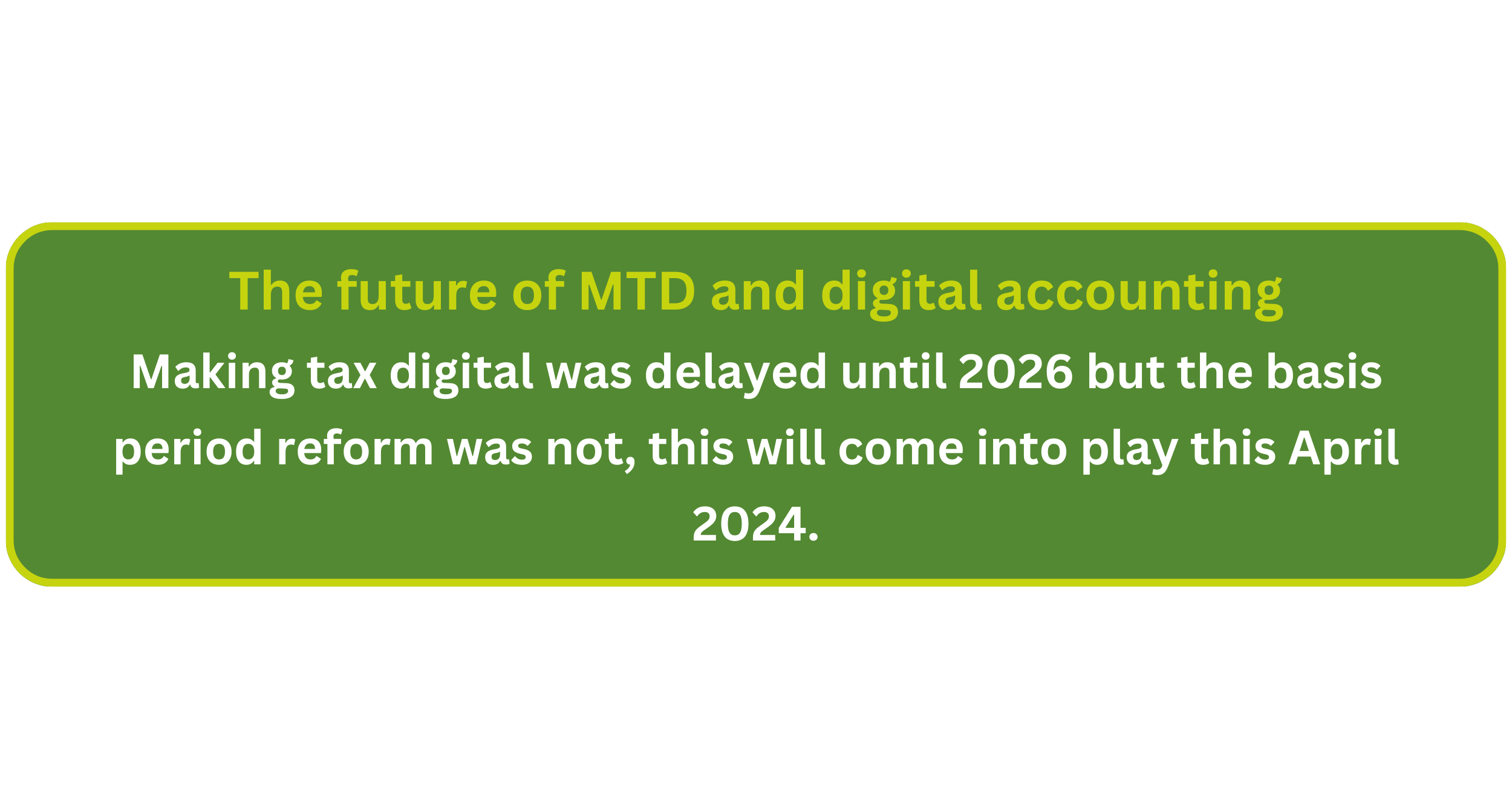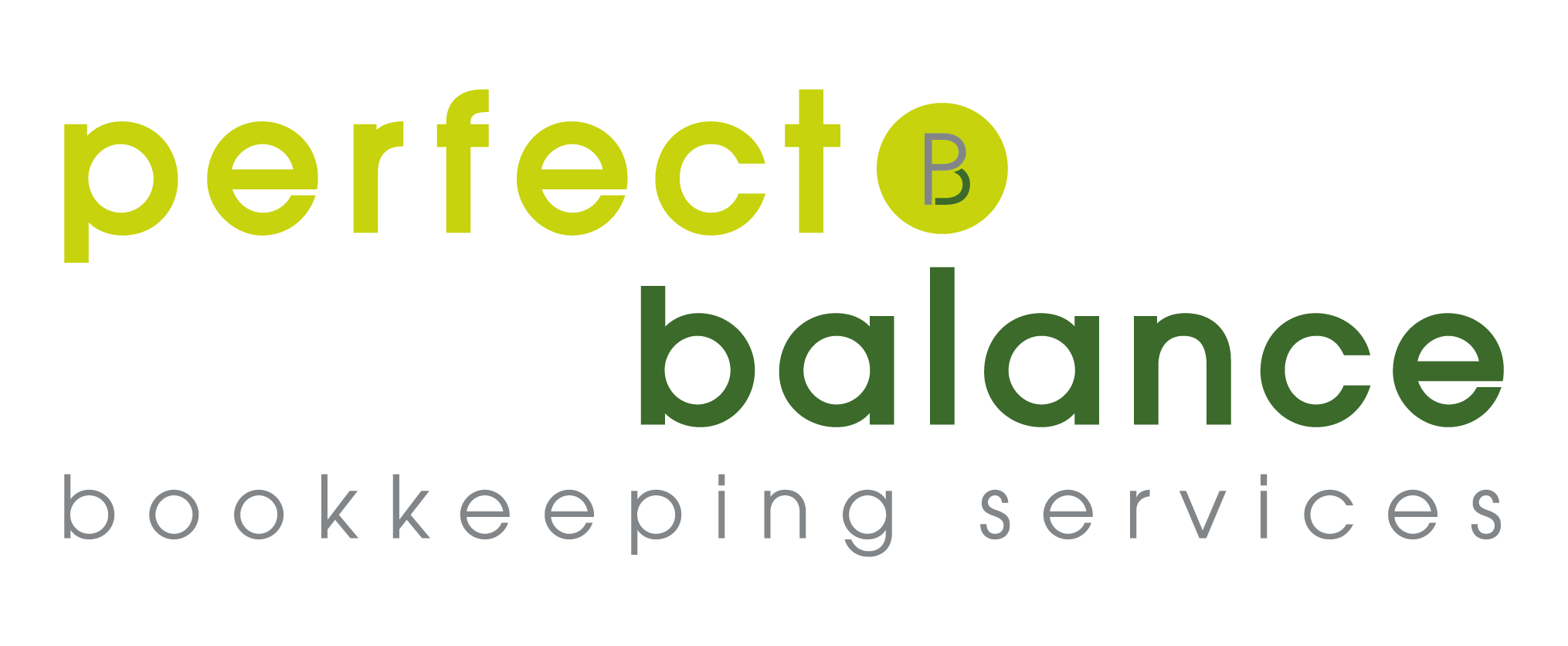Understanding Basic Period Reform and How it May Affect You
The term ‘Basis period reform’ involves changes to the rules governing the determination of the accounting period for which income is assessed and taxed. It relates to the timeframe used to calculate taxable income.
The basis period reform directly influences the calculation of taxable income. Changes in the period under consideration can alter the income that is subject to taxation.

Basic period reform (BPR) will mainly affect the self-employed and partnerships (unincorporated businesses) who do not use an accounting period end (Year End) of 31st March or 5th April. Businesses which do not have an accounting period ending on these dates, will have to make changes to the way they calculate their business profits for their tax return from the 2023/2024 tax year onwards.
If your business has an accounting date ending between 31st March to 5th April, HMRC will treat your accounting period as effectively ending the 5th April. This is called ‘late accounting rule’. This means that you do not have to panic, you can still prepare your accounts as usual.
If your business doesn’t have an accounting date ending between 31st March to 5th April, you will still have to report your business accounting information on a tax year basis on your tax return starting from the 2024/2025 tax year. You will fall into the transition rules starting the 2023/2024 tax year.
If you do not change your accounting period you will need to:
- Be able to provide details from two sets of accounts to prepare your Tax Return on a tax year basis from 2024 – 2025 onwards
- Pay income tax and national insurance contributions based on the profit for the tax year.
Example:

The deadline for the 2024- 2025 tax return is the 31st of January 2026. The payment dates will also be the same as before basic period reform.
You can choose to change your accounting period to match the tax year (meaning you will have an accounting period ending date of the 5th of April). However you do not have to change your accounting period to the tax year. For some businesses it may not be practical to do so. You can choose any accounting period which works for you but bear in mind any cashflow advantages from having a different accounting year end will be lost, you will need to report your business profits arising on a tax year basis for tax purposes regardless of your year end date.
HMRC will send a letter to all businesses notifying them of the change and advise of the next steps.
Click on the link below for extra guidance on Basis Period Reform

